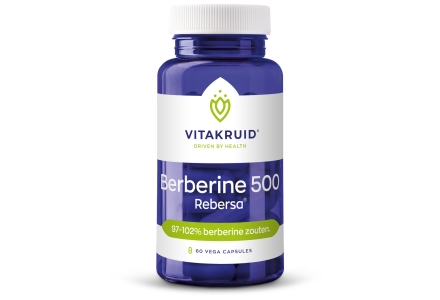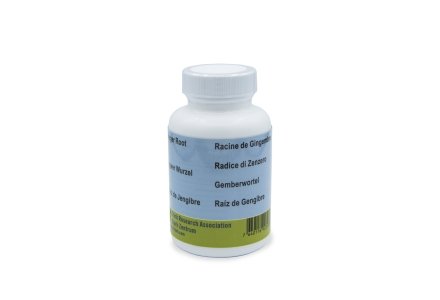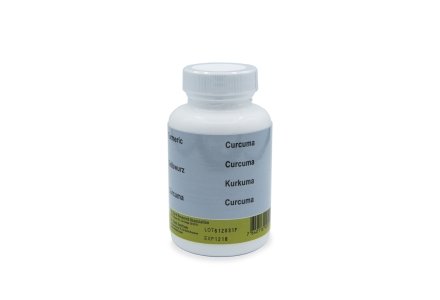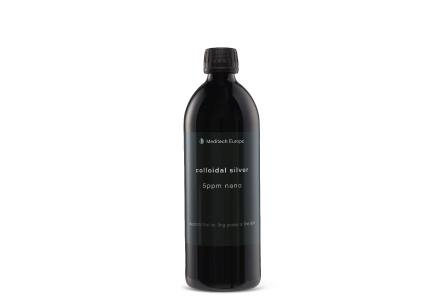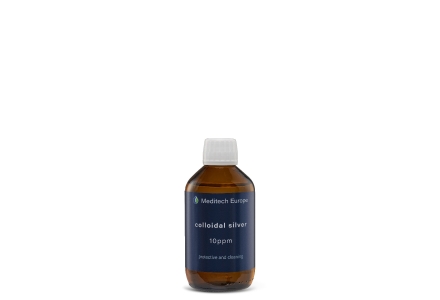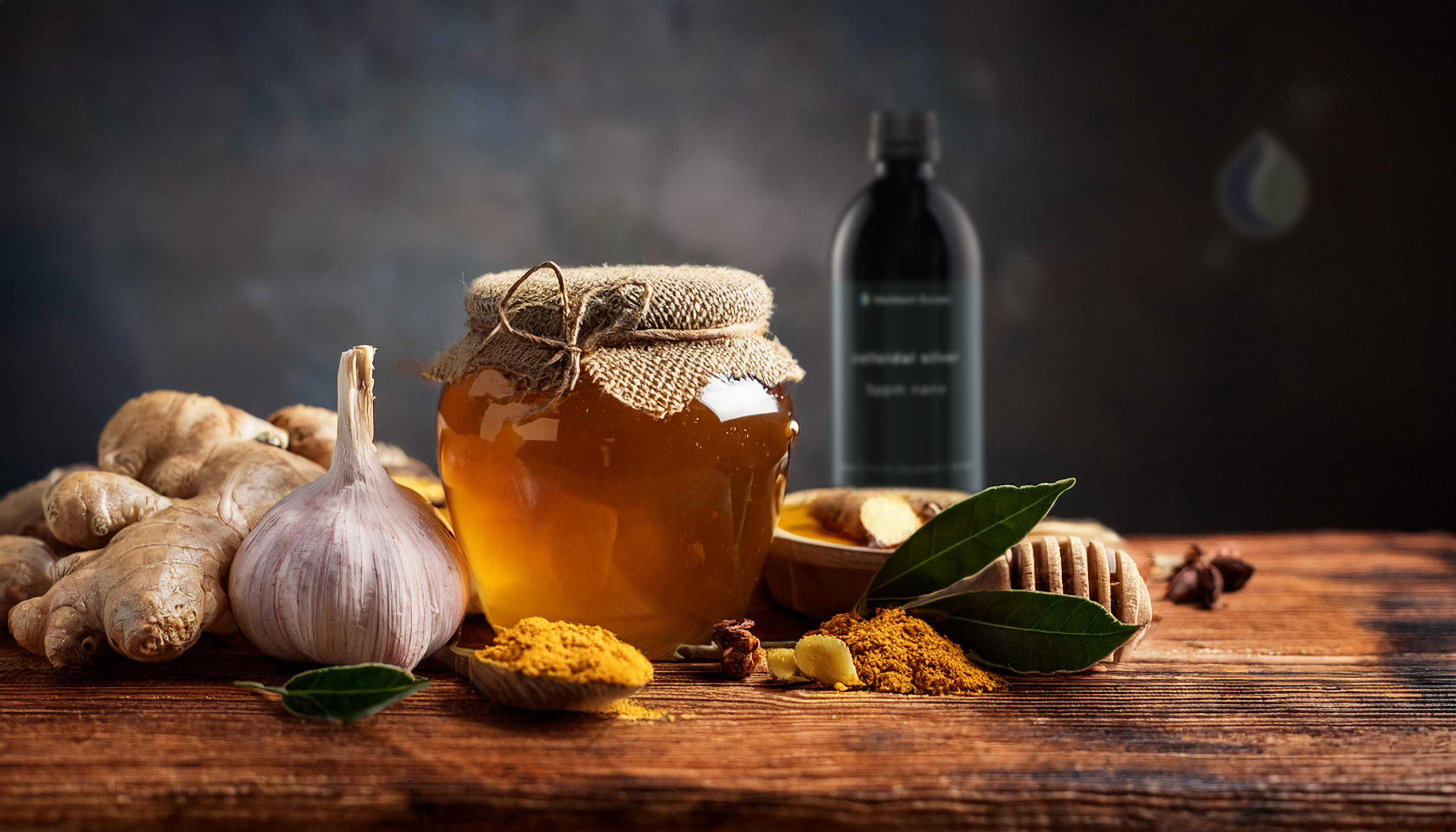
At a time when the effectiveness of traditional antibiotics is under pressure from the rise of resistant bacteria, interest in natural alternatives is growing. Natural antibiotics, often derived from plants and herbs, offer an age-old answer to the search for effective ways to fight infections without the side effects often associated with synthetic drugs. In this blog, we explore the power of these natural remedies, their applications and how they can be a valuable addition to our health care system.
Why Natural Antibiotics
Antibiotics are drugs used to fight bacterial infections. They work by inhibiting the growth of bacteria or by killing them. Antibiotics are effective against bacterial infections, such as pneumonia, cystitis and certain skin infections.
It is important to use antibiotics only when they are needed and prescribed by a doctor because overuse or improper use can lead to antibiotic resistance. This means that bacteria adapt and become insensitive to the effects of antibiotics, making treatments less effective.
People can also suffer from allergic reactions when using antibiotics.
Another disadvantage of synthetic antibiotics is that they can have a significant impact on intestinal flora. This is because these drugs are designed to kill bacteria or inhibit their growth, but they are often not selective and can affect both harmful and beneficial bacteria in the gut. This can lead to a disruption of the natural balance of gut flora.
Fortunately, nature offers alternatives that have long been used for their efficacy. Natural antibiotics are less commonly associated with antibiotic resistance. We have collected some of them for you in this blog.
What Natural Antibiotics Are There
Honey
Honey is known as a powerful natural antibiotic. It has strong antibacterial and antiseptic properties due to the presence of hydrogen peroxide and other bioactive compounds. Honey is often used to treat wounds, burns and throat infections because of its ability to kill bacteria and reduce inflammation. In addition, honey helps promote wound healing and prevent infections. It is a versatile remedy that has been used in traditional medicine for centuries.
Garlic
Another natural remedy is garlic. Besides being used as a flavoring, garlic is a powerful remedy for flu and colds. Garlic has also been used for centuries to fight bacterial and parasitic infections, boost immunity and reduce inflammation. The active ingredient in garlic is allicin, a substance released when garlic is crushed or minced.
Ginger
Ginger is one of the most widely used spices worldwide and has been used to flavor dishes since the Middle Ages. Ginger is also known for its antibacterial and anti-inflammatory properties. Ginger is often used to relieve stomach upset, aid digestion, and treat respiratory infections. It also has antioxidant properties that help strengthen the immune system. Thanks to these versatile properties, ginger has been used in traditional medicine for centuries.
Tea Tree Oil
Tea tree oil, derived from the leaves of the Melaleuca alternifolia tree, is known for its powerful antibacterial, antiviral and antifungal properties. Its active ingredient, terpinen-4-ol, plays a key role in its antimicrobial activity. Tea tree oil is often used to treat skin infections such as acne, fungal infections and wound healing. It is also effective in relieving symptoms of respiratory diseases and can serve as a natural disinfectant. However, because of its strong effects, it should always be used diluted to avoid skin irritation. Tea tree oil is not intended for internal use.
Olive leaf extract
Olive leaf extract contains oleuropein, a powerful compound with strong antibacterial properties. It is often used to strengthen the immune system and fight infections. This extract can help reduce inflammation and improve overall health. It is often taken as a supplement or used in natural remedies to treat colds, flu and other infections. It also has antioxidant properties that help protect cells from damage.
Berberine
Berberine is a bioactive compound found in plants such as berberis (sourberry) and goldenseal. Berberine works by inhibiting the growth of bacteria and strengthening the immune system. It is often used as a supplement to fight infections, support digestion and reduce inflammation. It also has beneficial effects on blood sugar levels.
Turmeric
Turmeric also known as turmeric contains curcumin, a powerful substance with strong antibacterial properties. It is often used to reduce inflammation and strengthen the immune system. Turmeric can help fight infections and benefit overall health through its antioxidant properties. It is frequently used in foods and supplements because of its versatile health benefits.
Echinacea
Echinacea puppurea, a plant in the composite family, boosts the immune system and helps fight colds and flu by inhibiting the growth of pathogens. Echinacea is often used in supplements and teas to prevent infections and shorten the duration of symptoms. It is a popular choice in herbal medicine for supporting overall resistance.
Colloidal Silver
In the past, colloidal silver was used as a natural antibiotic. It was used to treat various infections because of silver's antimicrobial properties. However, after the discovery and mass production of penicillin and other effective antibiotics by the pharmaceutical industry, the use of colloidal silver as a medicine fell into disuse. Since then, it has mainly been used in alternative medicine, but is no longer recognised as an antibiotic by the mainstream medical community. Due to developments in the medical and especially pharmaceutical world, it is no longer allowed to communicate about colloidal silver or nano silver as being an antibioitic. If you would like to know more about this, please contact info@meditecheurope.nl. We will then explain the situation.
Recommendations and Conclusion
Antibiotics are drugs used to fight bacterial infections. Unfortunately, overuse or improper use can lead to antibiotic resistance. They can also sometimes cause allergic reactions and can have a significant negative impact on intestinal flora.
Therefore, for mild infections and as prevention, an alternative may be to look at natural antibiotics. We have discussed some of them in this blog. If you choose natural antibiotics in the form of a supplement, it is advisable to choose high-quality supplements from reputable brands. Natural supplements often work gradually. It may take several weeks before you experience the full benefits.
It is important to remember that natural antibiotics are not a substitute for prescription antibiotics, especially for serious infections. Consultation with a physician is always recommended if you suspect an infection.
Meditech Europe is available to advise and guide you in discovering natural analgesics and their benefits for health and well-being. For questions or support, please contact us at info@meditecheurope.nl.
